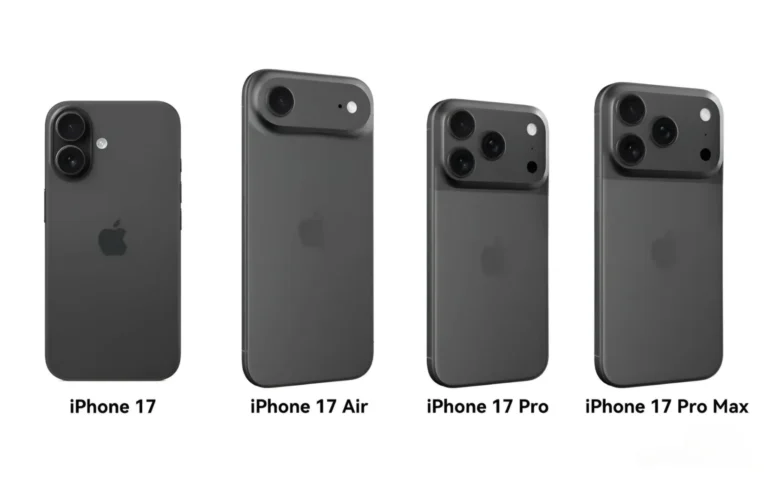As Apple’s new iPhone pre-orders began, Kaspersky identified a sharp increase in scams designed to exploit the excitement. Cybercriminals are creating fake websites, fraudulent lotteries, and phony “tester” recruitment schemes to steal personal and financial information, putting consumers at risk of data theft and financial loss.
Scammers are using several methods to trick consumers. They create counterfeit websites that mimic Apple’s official store, luring people with promises of exclusive pre-orders. When a user tries to check out, the fake site captures their bank card information.
Another common tactic is a bogus lottery promising a free iPhone. To “win,” victims are asked to complete a survey, provide personal details, and pay a small “delivery” or “service” fee. These fraudulent sites often feature fake testimonials from supposed winners.
Additionally, fraudsters are advertising fake “tester” programs for the new iPhone. They target tech enthusiasts, asking for their contact and shipping details, and then charge a delivery fee for a device that is never sent. This scam not only causes financial loss but can also expose victims to a flood of spam and targeted phishing attacks.
Tatyana Shcherbakova, a Web Content Analyst at Kaspersky, noted that cybercriminals “thrive on the excitement of major product launches,” using consumer enthusiasm to their advantage. She warned that these tactics have evolved from simple phishing to highly polished sites that appear legitimate, emphasizing the need for users to verify everything before acting.
Meanwhile, Kaspersky has offered these key recommendations to avoid falling victim to these scams:
- Buy from Official Sources: Only purchase the new iPhone directly from Apple’s official website or authorized retailers.
- Verify URLs and Avoid Unsolicited Offers: Be wary of emails, texts, or ads promising incredible deals or prizes. Always check the URL to ensure it is the legitimate site.
- Don’t Share Personal Data for “Freebies”: Legitimate contests and giveaways rarely ask for sensitive information upfront. Treat any request for personal details or credit card information as a major red flag.
- Enable Multi-Factor Authentication (MFA): Use MFA on your Apple ID and all financial apps. Regularly review your bank and credit card statements for any unauthorized activity.


